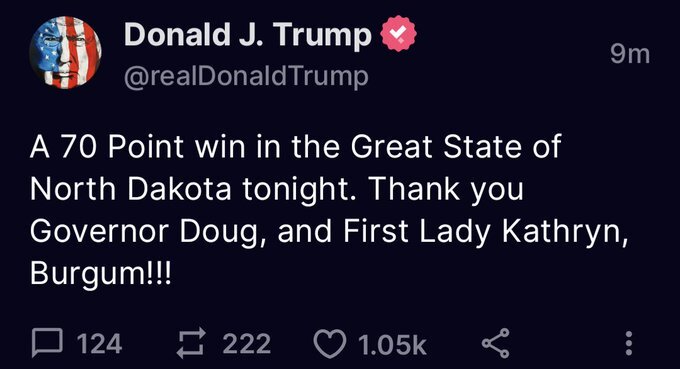In a striking revelation that’s rocking the foundations of public broadcasting, a senior editor at National Public Radio (NPR), Uri Berliner, has courageously blown the whistle on the organization’s glaring lack of “viewpoint diversity,” a term that’s become synonymous with conservative censorship in today’s media landscape.
Berliner’s analysis sheds light on a disturbing trend: a shift in NPR’s audience demographics from a somewhat balanced political spread to an overwhelming liberal majority, with conservative listeners dwindling to a mere 11%.
This ideological homogenization is not just a reflection of NPR’s content but a testament to a broader, more deliberate marginalization of conservative viewpoints in mainstream media.
The stark absence of Republicans in the newsroom, met with “profound indifference” when highlighted by Berliner, underscores a systemic failure to uphold journalistic integrity and diversity of thought.
The consequences of NPR’s ideological slant extend beyond its own declining trust and audience diversity.
This echo chamber effect stifles critical discourse, undermines journalistic objectivity, and deepens societal divisions, alienating vast swathes of the American populace.
Berliner’s critique, paralleling similar concerns raised about other legacy media outlets, signals a crisis in American journalism: a crisis of credibility, diversity, and democracy itself.
This revelation aligns perfectly with the Make America Great Again (MAGA) movement’s long-standing contention: the mainstream media, funded by taxpayers’ dollars, has turned its back on a significant portion of America.
Under the leadership of Donald Trump, the MAGA movement has championed the cause of free speech, transparency, and true diversity of thought, standing in stark contrast to the increasingly partisan and exclusionary practices of outlets like NPR.
Support IV Times and the MAGA Movement!
Looking ahead, the fallout from Berliner’s exposé could catalyze a push towards greater accountability and diversity in public broadcasting.
For the MAGA movement, this represents an opportunity to further galvanize support for alternative media platforms that respect and reflect the true spectrum of American opinions.
Long-term, this could lead to a renaissance of media plurality, where outlets that embrace ideological diversity thrive, and those that don’t are relegated to the annals of partisan history.
Uri Berliner’s brave stand against NPR’s ideological conformity is a clarion call for all who value freedom of thought and expression.
It highlights the critical need for media outlets to represent the full gamut of American perspectives, not just those that align with a particular political ideology.
The MAGA movement, under Donald Trump’s leadership, remains at the forefront of this battle, championing a vision of America where all voices are heard, respected, and valued.
As we move forward, the movement’s commitment to these principles will undoubtedly play a pivotal role in shaping the future of American media and, by extension, the fabric of our society.



